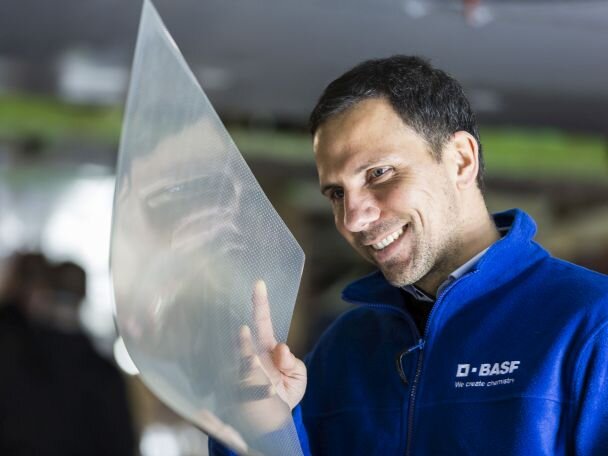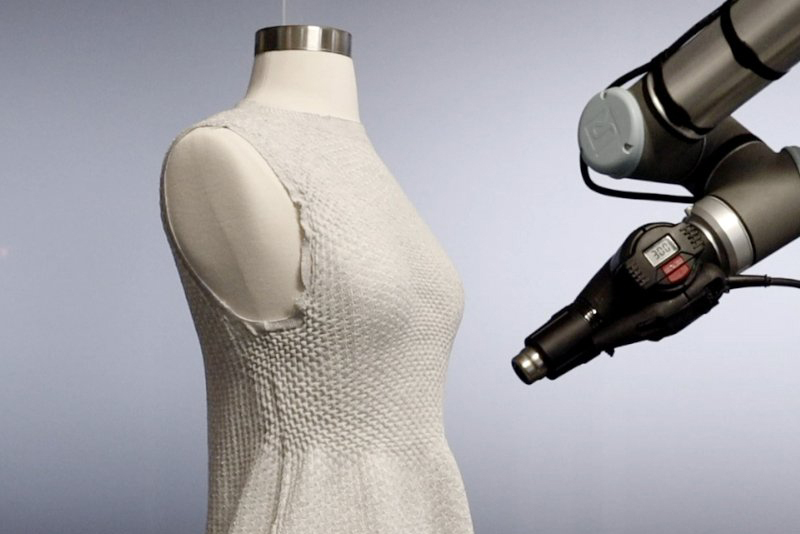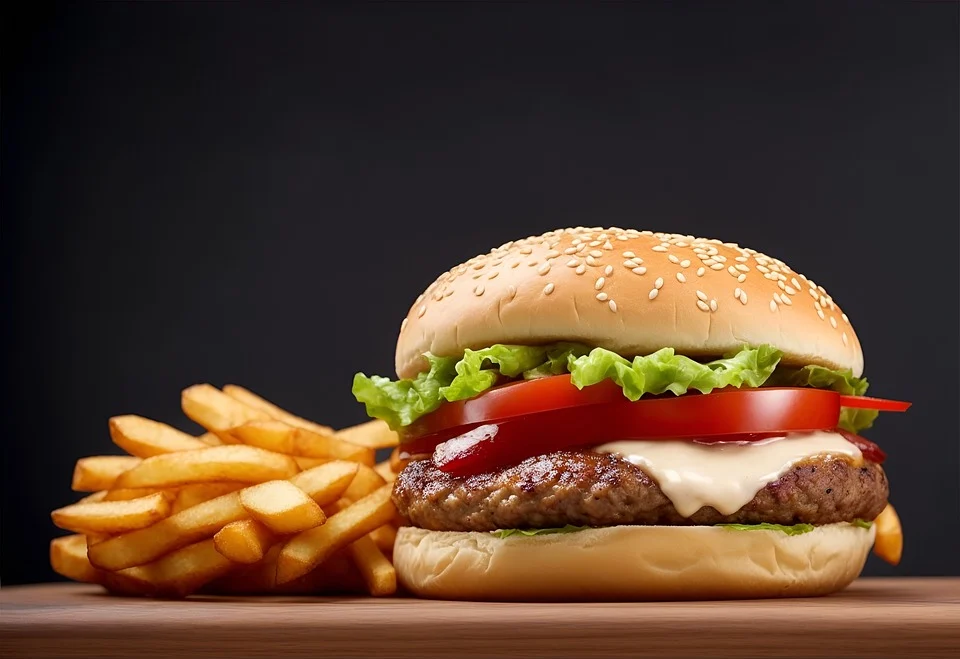A Laser Revolution in Agriculture
In the realm of agricultural innovation, the U.S. Department of Energy has introduced a groundbreaking laser tool that is set to transform our understanding of plant growth and soil health. This cutting-edge technology, known as Laser-Induced Breakdown Spectroscopy (LIBS), provides a rapid and precise method for analyzing soil composition. By directing a focused laser beam onto soil, LIBS generates plasma that emits light, revealing the unique spectral fingerprints of various elements. As a result, researchers and farmers can gain critical insights into nutrient availability, pollutant levels, and other key factors influencing plant health.
Enhancing Sustainable Farming with LIBS
Furthermore, LIBS technology holds immense potential for advancing sustainable agriculture. Its ability to quickly and accurately assess soil composition allows farmers to make more informed decisions about fertilizer use, irrigation, and land management. In turn, this optimization of resources helps reduce waste, lower costs, and minimize environmental impact. Additionally, LIBS can play a vital role in monitoring soil health over time, detecting early signs of nutrient depletion or contamination. This means farmers can implement timely interventions to maintain soil fertility and productivity before major issues arise.
The Future of Soil Science and Food Security
Ultimately, the U.S. Department of Energy’s development of LIBS underscores the importance of scientific research in tackling food security and environmental sustainability. By leveraging the power of laser technology, we can unlock the secrets hidden beneath our feet and cultivate a healthier, more productive agricultural system for future generations.







